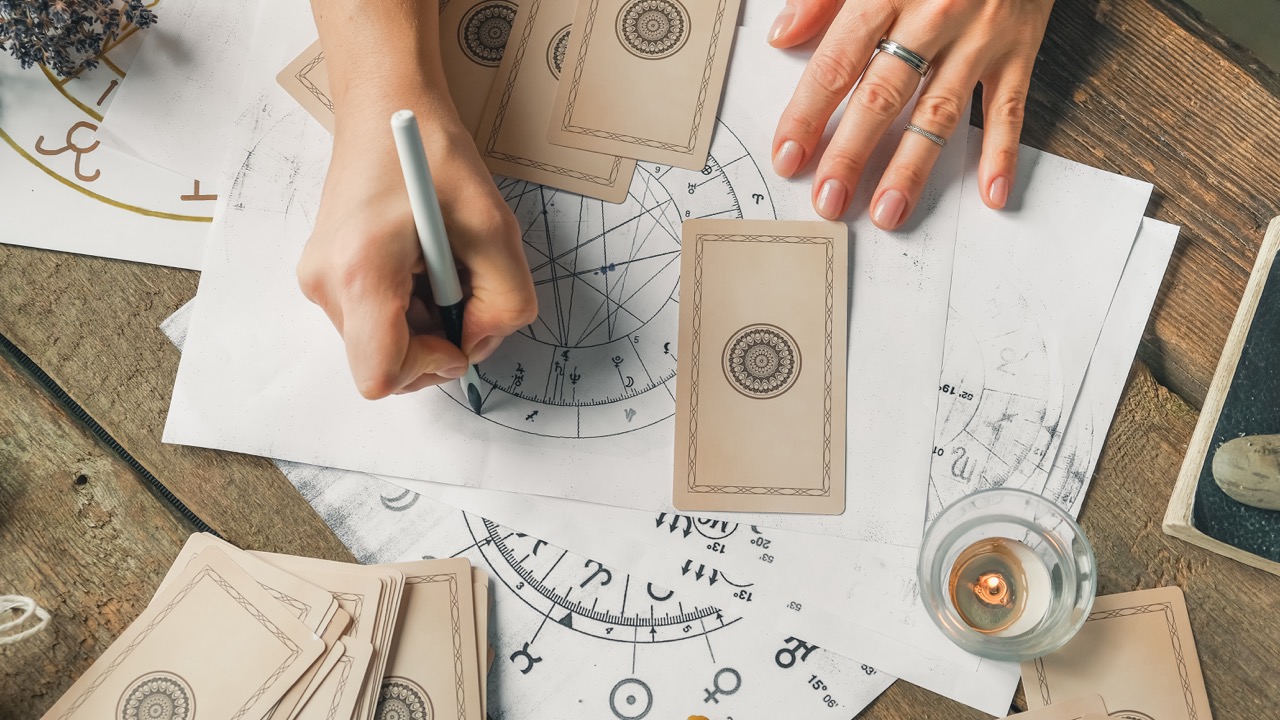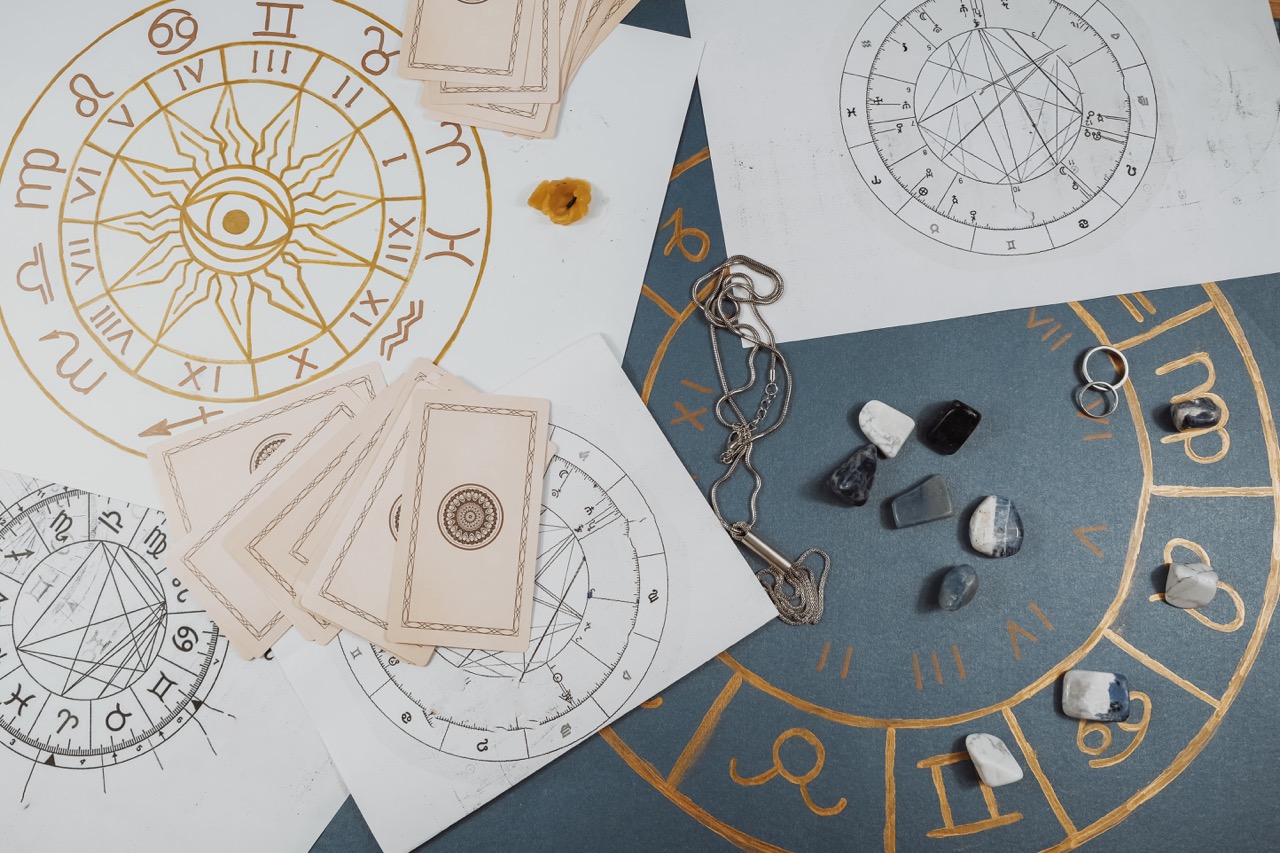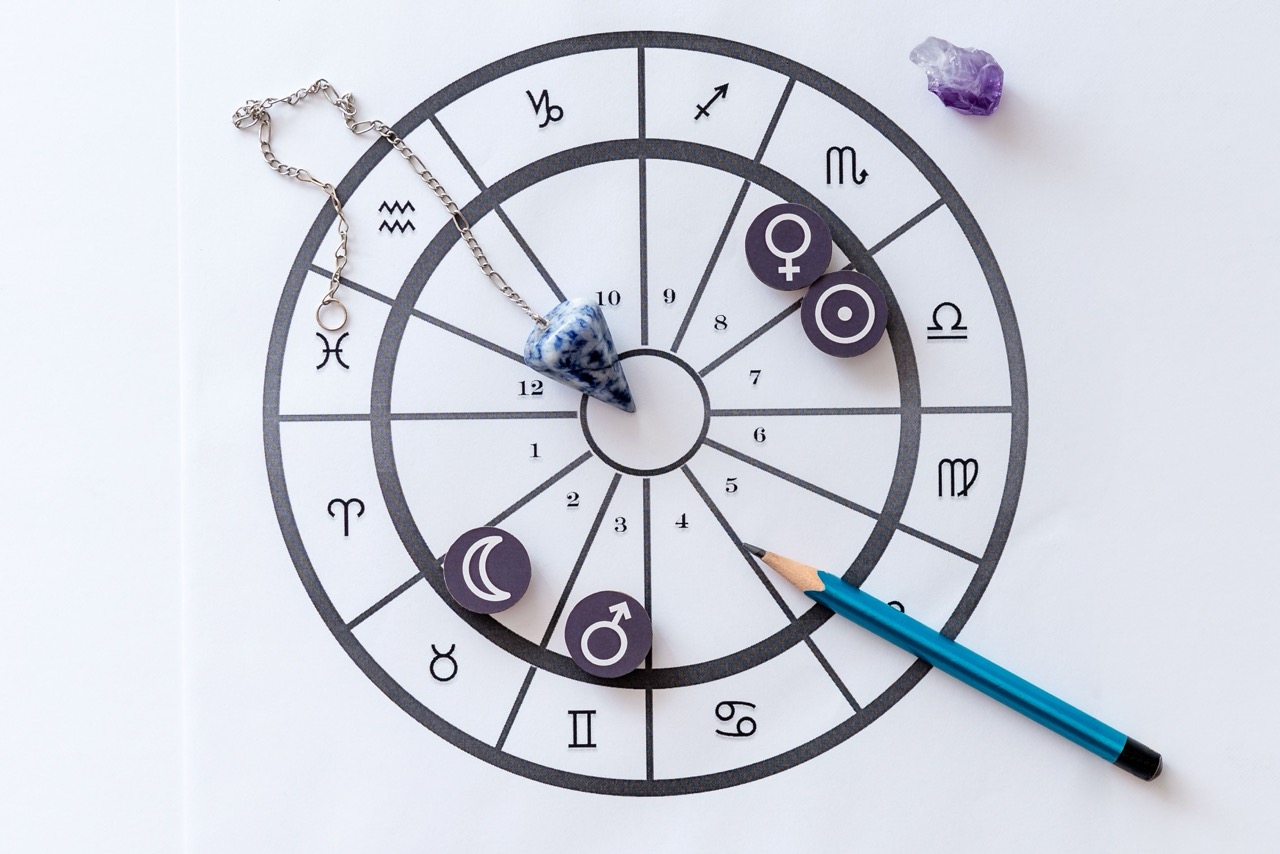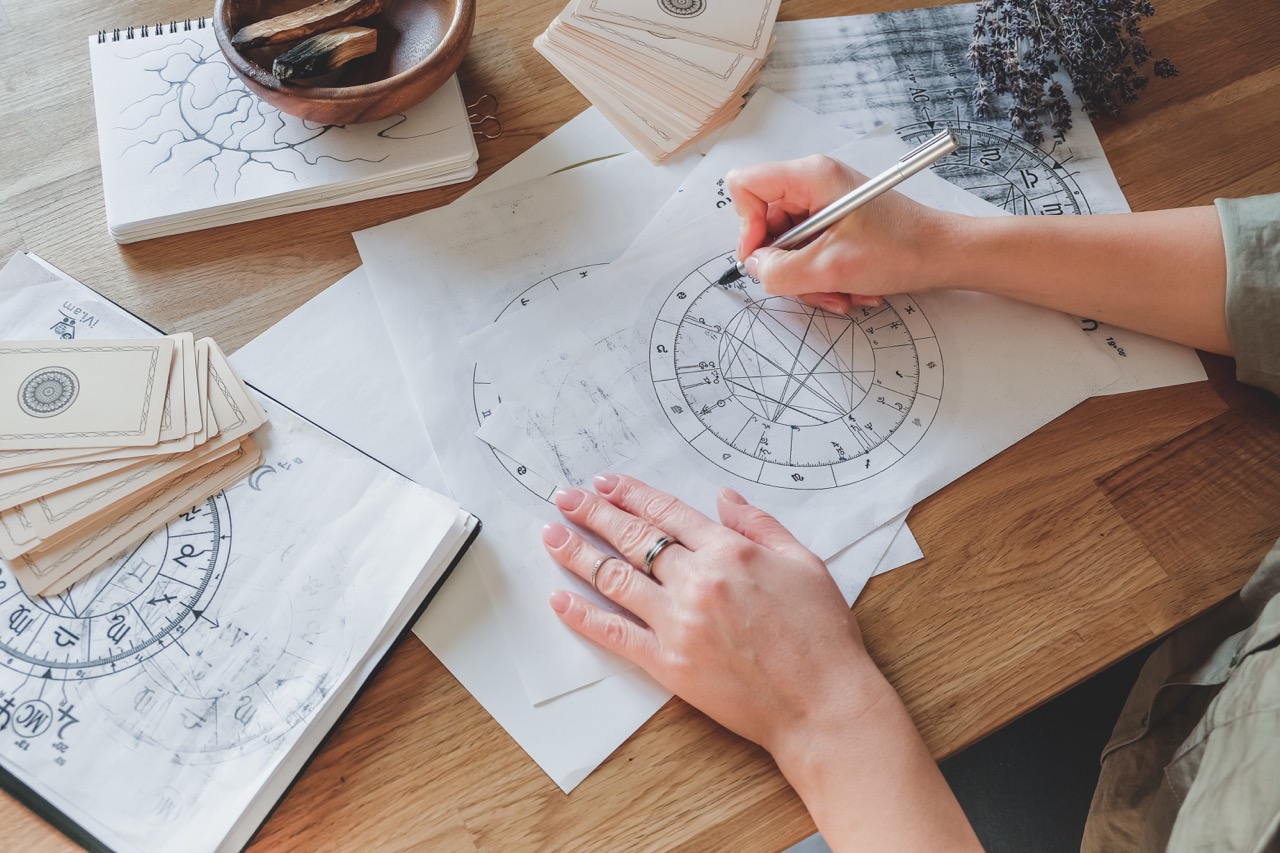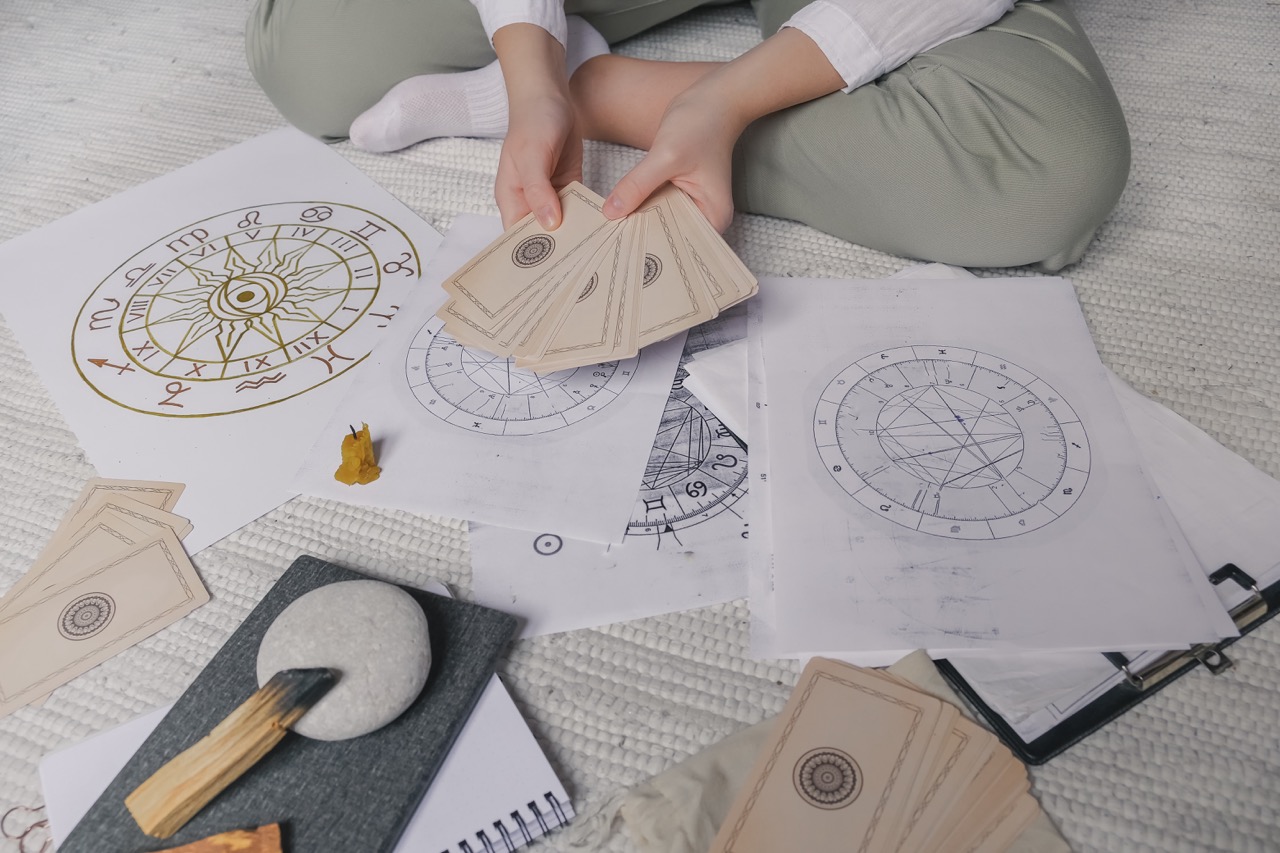Carl Jung, the Swiss psychiatrist and psychoanalyst, is renowned for his profound contributions to psychology and his exploration of the human psyche. Yet, his fascination with the cosmos, particularly astrology, adds an intriguing dimension to his legacy. Jung viewed astrology not merely as a pseudoscience but as a symbolic language that interconnects the inner world of the psyche with the outer world of celestial phenomena. This exploration invites us to ponder the depth of human existence, our connection to the universe, and the mysterious force that governs our lives.
Unlocking the Cosmos: Jung’s Journey into Astrology
Jung’s intrigue with astrology was deeply rooted in his broader fascination with symbols and archetypes. Throughout his career, he observed how celestial symbols resonated with universal human experiences, asserting that astrology is a potent tool for understanding the collective unconscious. Jung believed that the positions of celestial bodies at the time of an individual’s birth influence not only their personality traits but also their life journey, subtly guiding them toward certain paths of personal growth and transformation.
In his writings, Jung often examined how various cultures utilized astrology, recognizing its significance in shaping philosophical and spiritual beliefs. He argued that astrology provided a window into the psyche, revealing patterns of behavior that aligned with cosmic cycles. This perspective allowed him to bridge the gap between science and spirituality, encouraging individuals to explore the ways in which their inner lives mirror the movements of the cosmos. For Jung, astrology was more than fortune-telling; it was a profound language that spoke to the interconnectedness of existence.
As Jung delved deeper into astrology, he began to appreciate its potential for fostering self-awareness. He contended that by understanding astrological influences, individuals could unlock the mysteries of their personalities and confront their shadow selves. This journey into self-discovery was not just about forecasting future events but about embracing the wholeness of one’s being. Jung’s embrace of astrology thus illuminates a path toward personal integration, encouraging us to explore the celestial influences that shape our destinies.
Synchronicity: The Dance of Fate and Chance in Life
One of Jung’s most groundbreaking concepts is synchronicity—the idea that meaningful coincidences occur with a frequency and significance that transcends mere chance. He introduced this concept to explain how certain events are interconnected in ways that defy causal relationships, suggesting that the universe communicates with us through these seemingly random occurrences. For Jung, synchronicity served as a bridge between the inner psychological world and the outer cosmos, demonstrating that our lives are intricately woven into a larger tapestry of fate.
Jung believed that synchronicity reflects an underlying order in the universe, where events align in a way that resonates with our psychological states. He posited that when we become attuned to these synchronistic moments, we experience a heightened sense of purpose and guidance in our lives. These connections invite us to contemplate the mystical interplay between our experiences and the cosmic forces at work, reminding us that we are not merely passive observers in our lives but active participants in a grand, interconnected design.
This dance of fate and chance encourages us to remain open to the signs and symbols that emerge in our lives. By embracing synchronicity, individuals can cultivate a deeper understanding of their experiences, recognizing that the universe often speaks to them in whispers of coincidence. Jung’s exploration of synchronicity invites us to trust in the unfolding of our lives, revealing the beauty and mystery that lie within the interplay of our thoughts, emotions, and the cosmos.
Stars and Psych: How Astrology Deepens Self-Understanding
Astrology, according to Jung, serves as a mirror reflecting our innermost selves. By examining our astrological charts, we can gain insights into our strengths, weaknesses, and potential paths for growth. Jung emphasized the importance of recognizing the psychological dimensions of astrological archetypes, arguing that these celestial symbols help us articulate the complex layers of our identities. The alignment of the stars at our birth can illuminate our motivations and desires, guiding us toward a greater understanding of our purpose in life.
As we engage with astrology, we embark on a journey of introspection that allows us to confront our shadows and embrace our full selves. Jung believed that by acknowledging the astrological influences in our lives, we can better navigate the challenges we face. This process of self-discovery encourages us to cultivate self-acceptance, fostering a sense of empowerment as we recognize that we are not merely products of our circumstances but co-creators of our destinies in harmony with the cosmos.
Furthermore, astrology encourages us to connect with others on a deeper level. By understanding the astrological influences shaping our relationships, we can develop empathy and compassion for ourselves and those around us. Jung’s insights into astrology serve as a reminder that while we each have unique paths shaped by cosmic forces, we are united in our shared human experience. This interconnectedness enriches our lives, fostering a sense of belonging within the vast universe.
Embracing Mysticism: Jung’s Legacy in Modern Spirituality
Carl Jung’s exploration of astrology and synchronicity has left an indelible mark on modern spirituality, inspiring countless individuals to embrace the mystical dimensions of existence. His work encourages us to look beyond the material world and consider the deeper, often unseen forces that shape our lives. In a time marked by rapid change and technological advancement, Jung’s insights remind us of the importance of spirituality and the need to reconnect with the cosmos.
The revival of interest in astrology and synchronicity within contemporary spiritual practices speaks to Jung’s enduring legacy. Many individuals now seek to understand their lives through astrological charts, recognizing the profound wisdom these ancient systems offer. The search for meaning in synchronicities leads many to a greater appreciation of the interconnectedness of all things, prompting a collective shift toward mindfulness and self-awareness. Jung’s vision of a unified psyche resonates deeply, fostering a sense of wonder as we navigate the intricate dance of life.
Ultimately, Jung’s fascination with astrology and synchronicity invites us to embrace the mysteries of existence. As we explore our connections to the cosmos and our inner selves, we discover a richer, more meaningful existence. Jung’s legacy serves as a beacon, inspiring us to seek harmony between our psychological lives and the universe, allowing us to step boldly into the unknown with curiosity and reverence.
Carl Jung’s journey into astrology and synchronicity illuminates the profound connection between the cosmos and the human psyche. His insights encourage us to explore the depths of our being and recognize the mystical forces at play in our lives. By embracing the wisdom of astrology and remaining open to the signs of synchronicity, we embark on a journey of self-discovery and interconnectedness. In a world often driven by the chaos of daily life, Jung’s teachings remind us that we are part of something greater—a cosmic tapestry woven with purpose and meaning, waiting for us to unlock its mysteries.
